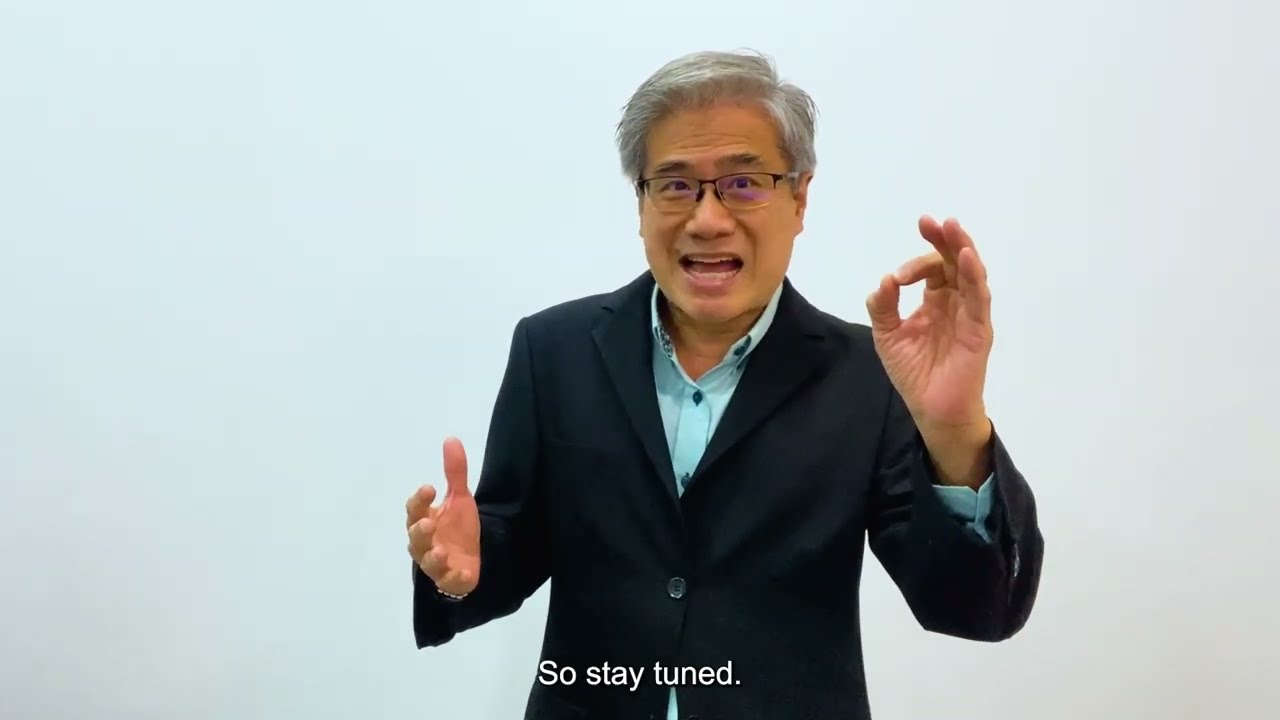Hello and welcome to our space dedicated to your development.
We value your experience by using cookies and relevant data.
Your satisfaction is our priority.
We use cookies to maintain and improve our services, detect failures, and ensure protection against spam, fraud, and abuse. By measuring our audience’s engagement and our site’s statistics, we better understand how our services are used in order to continually optimize them. If you choose to accept all options, we will be able to develop new services, deliver effective ads, and customize content according to your preferences. You also have the option to manage your privacy settings for an experience tailored to your needs.

“`html
Understanding Executive Coaching and Its Importance in Leadership
Hello, my name is Véronique, I am 36 years old, and I am an Executive Coach. Passionate about personal and professional development, I support leaders and teams in realizing their full potential. My tailored approach combines listening, expertise, and innovative tools to promote growth and performance. Together, let’s build your success!
Executive coaching is a proactive approach aimed at developing leadership skills and optimizing the performance of executives. In a constantly evolving professional environment, leaders must continually adapt and innovate. Executive coaching offers personalized support, enabling leaders to overcome challenges, improve decision-making, and strengthen their influence within the organization.
The importance of executive coaching lies in its ability to foster deep and lasting transformation. By working on aspects such as communication, change management, and conflict resolution, leaders can not only enhance their personal effectiveness but also inspire and motivate their teams. This integrative approach helps create a harmonious work environment conducive to performance and well-being.
The Benefits of Executive Coaching on Leadership Effectiveness
Investing in executive coaching brings numerous benefits to leaders and, by extension, to the entire organization. First and foremost, coaching allows for better self-awareness. By identifying strengths and areas for improvement, leaders can adopt more effective strategies to achieve their goals.
A coached leader also develops an increased ability to manage stress and maintain a balance between professional and personal life. This results in better decision-making and greater resilience in the face of challenges. Furthermore, executive coaching encourages the adoption of a more collaborative leadership style, thus fostering a positive and inclusive corporate culture.
By working with a coach, leaders learn to delegate more effectively, freeing up time to focus on strategic tasks. This improvement in efficiency directly reflects on the team’s performance, which benefits from clear and inspiring direction. For example, the Bommer Group perfectly illustrates how a specialized executive coaching service can enhance its clients’ skills through proven sector expertise.
Enhancing Team Performance Through Executive Coaching
The role of a leader is not limited to their own performance; it also has a direct impact on that of their team. Executive coaching plays a crucial role in strengthening team cohesion and effectiveness. By cultivating skills such as open communication, conflict management, and emotional intelligence, leaders can create a work environment where every member feels valued and motivated.
A well-led team is synchronized and aligned on common goals, significantly increasing its productivity. Executive coaching also helps identify and develop talent within the team, allowing leaders to better understand each person’s skills and aspirations. This results in a better distribution of tasks and optimal use of human resources.
Moreover, executive coaching encourages innovation and initiative-taking. By fostering a climate of trust, team members feel free to propose new ideas and actively engage in project implementation. A concrete example of this dynamic can be observed in the executive coaching workshops, which offer opportunities for collective development and encourage the emergence of innovative solutions.
Promoting Workplace Well-Being Through an Integrative Approach
Workplace well-being is a fundamental element of employee performance and satisfaction. Executive coaching adopts an integrative approach that considers not only professional aspects but also personal ones. By encouraging better stress management, effective communication, and a healthy work-life balance, coaching helps create a more harmonious work environment.
A fulfilled leader is more capable of inspiring and motivating their team, resulting in increased job satisfaction and reduced staff turnover. The well-being of executives directly influences that of their collaborators, thus creating a positive and resilient corporate culture.
Moreover, executive coaching incorporates practices of mindfulness and personal development, helping leaders stay centered and maintain a clear and strategic vision. This holistic approach promotes better emotional management and greater adaptability in the face of organizational changes.
Integrating Innovative Tools into Executive Coaching
The effectiveness of executive coaching also relies on the use of innovative tools and modern approaches. Emerging technologies, such as personality assessments and performance tracking platforms, provide valuable insights and enable real-time adaptation of coaching strategies.
For example, the collaboration between Coaching.com and Hogan Assessment Systems Inc. illustrates how predictive personality assessments can enrich the coaching process by providing precise data on leaders’ behavioral traits and strengths. This information allows for personalized coaching sessions and better targeting of development areas.
Additionally, digital tools facilitate the establishment of flexible and accessible coaching programs suited to the constraints of modern leaders. Online platforms and coaching management applications provide an intuitive interface for tracking progress, planning sessions, and accessing educational resources continuously.
The integration of these technologies into executive coaching also allows for more precise measurement of the impact of interventions and the adjustment of strategies based on obtained results. This ensures a data-driven approach and fosters continuous improvement of skills and performance.
Case Studies: Success Through Executive Coaching
Case studies are powerful tools to illustrate the concrete impact of executive coaching on leadership and team performance. For instance, consider the executive coaching series aimed at minimizing tensions between senior and junior stakeholders in the CFOs of private funds. This program has strengthened communication and collaboration between different generations, leading to better synergy and increased performance.
Another notable case is that of Marquis Who’s Who honoring Joan Sugerman for her expertise in executive coaching and film production. This recognition underscores the importance of executive coaching across various fields and its impact on the professional and personal success of the individuals involved.
These examples demonstrate that executive coaching not only improves leaders’ skills but also contributes to creating more cohesive and high-performing work environments. To discover more testimonials and success stories, you can check out the tributes and recognitions related to executive coaching.
In conclusion, executive coaching proves to be an innovative and integrative approach, essential for enhancing effectiveness, team performance, and well-being within organizations. By adopting innovative tools and relying on successful case studies, this method offers solutions tailored to contemporary leadership challenges.











